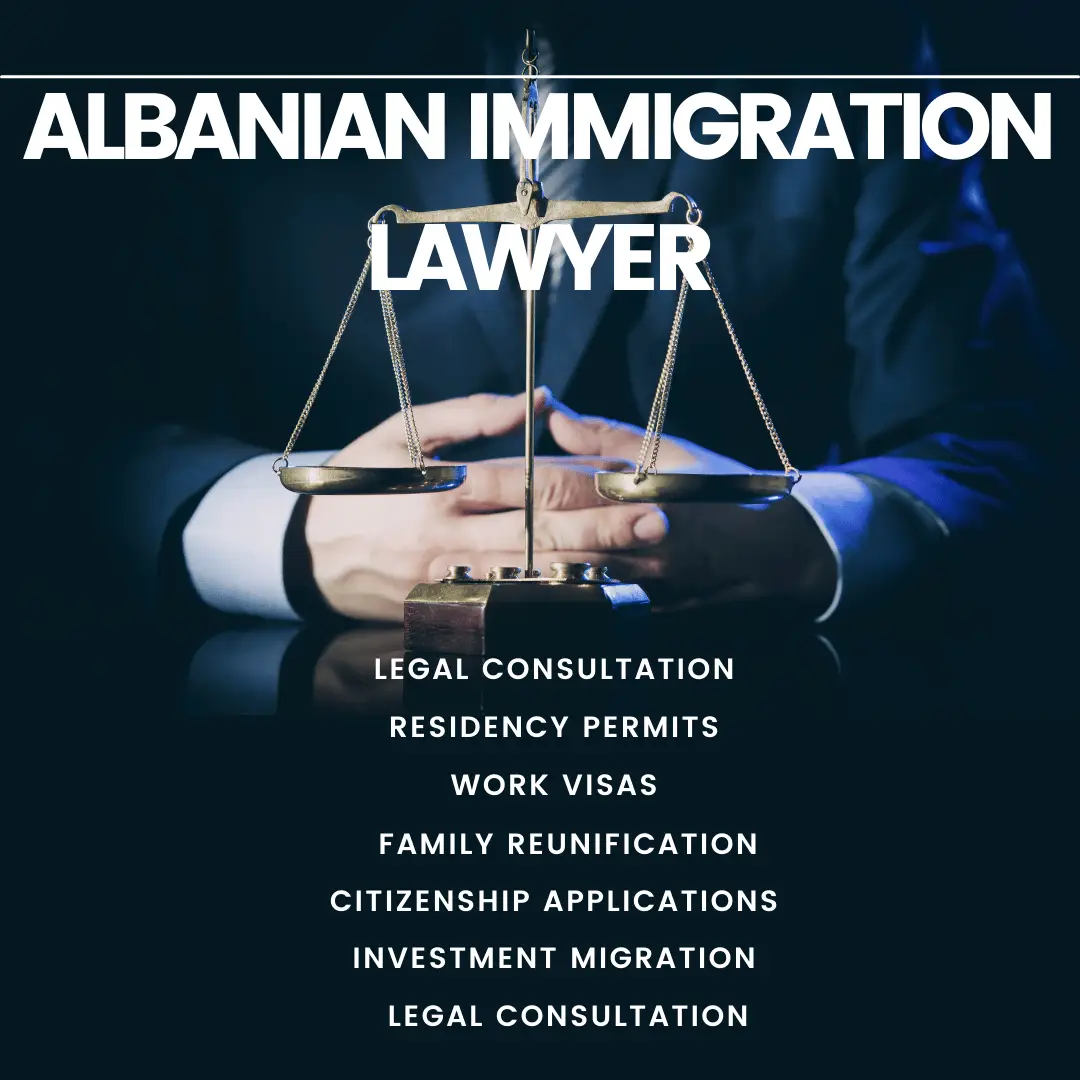UNHCR Steps In to Oversee Italy-Albania Migrant Agreement
The Italy Albania Agreement-U.N. refugee agency (UNHCR) has agreed to oversee the first three months of a highly controversial agreement between Italy and Albania that shifts the processing of migrants’ asylum requests to centres in Albania. This arrangement, which has sparked debate and concern among human rights advocates, places Albania at the forefront of Europe’s ongoing migration challenge.
While not directly involved in negotiating the deal, the UNHCR has expressed reservations from the beginning. The agency raised concerns over the agreement’s implications for international law and protecting migrants’ rights. Despite these concerns, the UNHCR has committed to monitoring the accord’s implementation to ensure that the rights of those affected are upheld.
Safeguarding Migrants’ Rights and Dignity
In a statement issued on Wednesday, the UNHCR emphasised its commitment to protecting the rights and dignity of migrants affected by the deal. The agency will provide migrants with counsel on their right to seek asylum and ensure that the asylum procedures at the Albanian centres adhere to international and regional human rights standards.
The UNHCR’s monitoring mission aims to promote fair treatment and proper protection for those in need of international assistance. Despite its concerns, the agency’s involvement underscores its determination to uphold humanitarian principles in an increasingly complex migration landscape.
Controversy Surrounds Italy-Albania Agreement
The five-year agreement between Italy and Albania, signed last year, has faced widespread criticism. The deal permits Albania to house up to 3,000 male migrants rescued in international waters while Italy expedites their asylum claims. Although the agreement was initially set to take effect this month, construction delays at the two detention centres in Albania have postponed the start date.
Italy’s right-wing government has championed the deal as a model for burden-sharing within Europe, arguing that it helps manage migration flows while discouraging irregular migration. The European Commission has also endorsed the agreement, viewing it as a potential solution to Europe’s long-standing migrant crisis.
However, human rights groups have condemned the deal, accusing Italy of outsourcing its obligations under international law by transferring the responsibility of processing asylum claims to Albania. Critics argue that this approach undermines migrants’ rights and sets a troubling precedent for other European countries.
To ensure its independence, the UNHCR has secured funding for its monitoring mission from sources other than Italy and Albania. This financial autonomy is crucial in maintaining the integrity of its oversight role and ensuring that the rights of migrants remain the primary focus of the mission of the Italy Albania Agreement-










